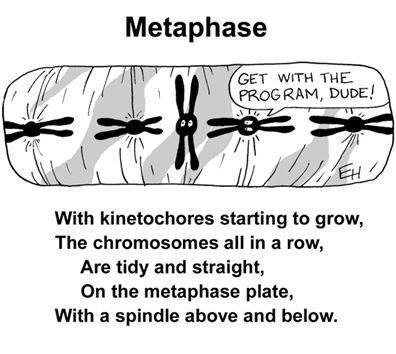#synthetic biology
Plants vs Petrol!
Our dependence on fossil fuels is complex and it’s increasing. We need a sustainable solution. What about using the sun’s energy to power our cars? We already use the sun’s energy to create electricity but it’s difficult to store and it isn’t available on demand: so we need a liquid fuel.
Plants make liquid fuels from sunlight using a chemical reaction, but they’re not very good at it. Scientists are trying to make an improved version of this process using artificial leaves. If we could improve it to make fuel more efficiently, and pack all this fuel producing leaf power into a much smaller space, we could have a bottomless supply of sustainably produced liquid fuel.
Plants can’t solve all of the world’s problems, but in the hands of some forward thinking scientists, they could reduce our dependence on fossil fuels and on the list of global problems worth addressing: that’s a big one.
For more information, visit www.bbsrc.ac.uk/plantpower
“BBC America’s Orphan Black seems so immediate, so plausible, so unfuturistic,that Cosima Herter, the show’s science consultant, is used to being asked whether human reproductive cloning could be happening in a lab somewhere right now. If so, we wouldn’t know, she says. It’s illegal in so many countries, no one would want to talk about it. But one thing is clear, she told me, when we met to talk about her work on the show: in our era of synthetic biology — of Craig Venter’s biological printer and George Church’s standardized biological parts, of three-parent babies and of treatment for cancer that involves reengineeredviruses— genetics as we have conceived of it is already dead. We don’t have the language for what is emerging.”
I learned so many fascinating and scary things from Orphan Black’s Cosima Herter.
Post link
Farma: A Home Bioreactor for Pharmaceutical Drugs
Will Patrick - MIT Media Lab graduate, former Google[x] researcher & Autodesk Artist in Resident Project - has created a bioreactor that could enable the production of pharmaceutical drugs at home. Farma is designed for a near future, where it grows, measures, filters and drys synthetically designed microbes.
Farma brews Arthrospira platensis, also known as Spirulina, that has been modified to produce pharmaceutical drugs. The reactor brews, measures, filters, and dries the Spirulina into a powder. The consumer then fills gel capsules using the accompanying pill maker and consumes the drugs. It should be able to grow other organisms, including algae, yeast and E coli.
Farma’s goal is to provoke discussions about the dos and don'ts of new emerging technologies: “I want people to understand what could be possible and help them imagine a possible future.”
[read more at FastCo][William Patrick] [picture by Will Patrick]
Post link



